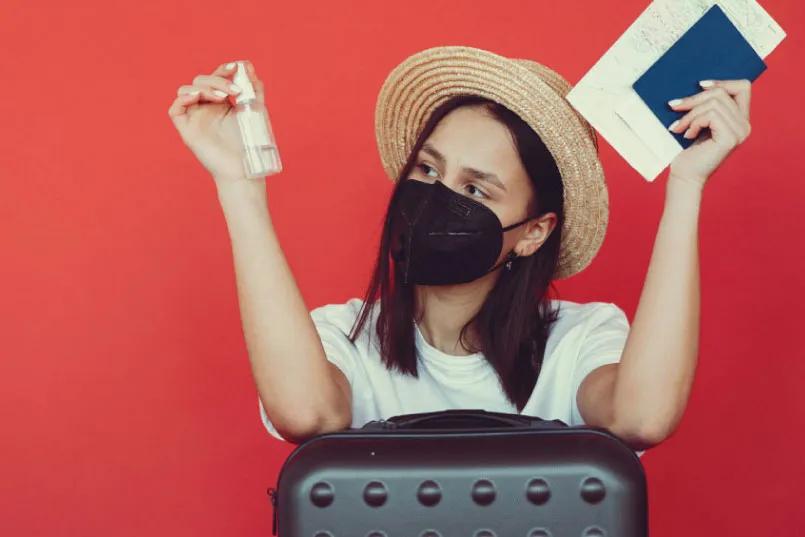Sympathising with People’s Travel Needs and Desires…but There is Light at the End of the Tunnel!
The COVID-19 pandemic raises serious questions concerning the socio-psychological implications of people’s limited propensity to travel as a consequence of movement control orders (MCO) and fears of travelling to public places. This reluctance can be manifest in the human condition of ‘disease avoidance’, involving the cognitive processing of ‘germ aversion’ and ‘pathogen disgust’, though influenced by demography, personality and physical condition.
Yet the popular perception that travel and tourism are social necessities, indicators of wellbeing and symbolic of civilised life creates a real problem and paradox, where travel is essential but health and safety too. The socio-psychological need to travel corresponds to emotional and memorial attachments that individuals have with specific places, whether a beauty spot, restaurant or cafe.
However, travel can encourage personal gain, enhance one’s ego and elevate one’s social status. We have often seen these travel obsessions being acted out on social media platforms such as Facebook and Instagram, where carefully selected (and sometimes manicured) holiday pictures are purposefully placed on public display. Hence, we travel not just to see places but to be seen to be going to places. Likewise, we do not go to different restaurants just to eat food but to show people the food we eat.
Conspicuous consumption emboldens a sense of self, especially when we seek public endorsement and appreciation from others. The ‘likes’ and the ‘thumbs up’ seem to matter, despite the potential for onlookers to feel envious or inferior. But we can lose the authentic focus and meaning of travel when we are preoccupied with creating boastful experiences.
Given the value attached to travel in developed societies, feelings of social deprivation and exclusion prevail if individuals cannot travel for significant periods of time or enjoy touristic experiences. This can lead to psychological distress and depression. The COVID-19 travel restrictions, though logical and necessary, can curtail our travel freedoms as we can sense being immobilised or incarcerated.
The good news is that vaccine rollouts in many parts of the world are offering ‘light at the end of the tunnel’ for individuals to travel again. There is a renewed sense of hope on the horizon providing opportunities to re-think our travel behaviour, prospects and experiences.
Travel needs to make us feel productive post-pandemic, where exploring places cultivates knowledge and creativity. Being exposed to other cultures and ways of life should strengthen our problem-solving skills, broaden our minds and encourage societal tolerance.
We should then appreciate far more the capacity to re-establish genuine ‘place attachments’ and a renewed ‘sense of self’, one that is not vulnerable to the social pressures of consumption and display but inspired by lessons learnt during the lockdown era; where we had time to appreciate and reflect on the value of life, friendship, family, places and people.
Let us not get carried away with the obsession that “revenge tourism” is around the corner ready to surge forward without any forethought about our actions and intentions. We must think more carefully of the places we visit and the experiences we consume, appreciating and respecting our newfound freedom – knowing full well that we will never take this for granted again!
Professor Marcus L Stephenson
School of Hospitality and Service Management
Email: @email
This article was published in Business Today




